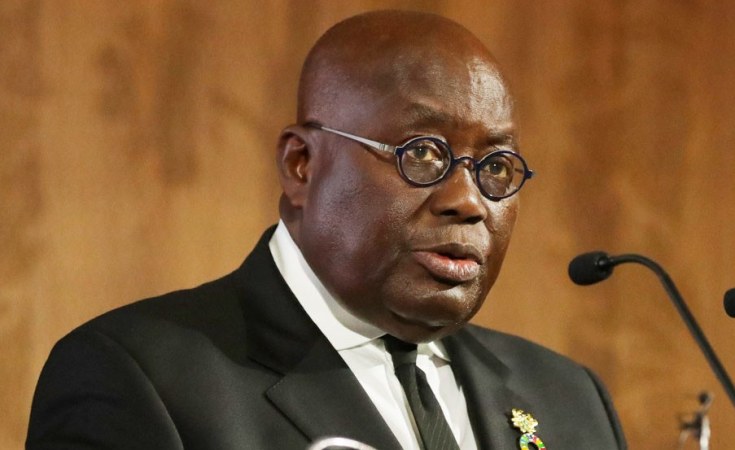The country suspended payments on its Eurobond, commercial term loans, and on most of its bilateral debt, a week after a $3 billion agreement with the International Monetary Fund (IMF).
Ghana on Monday announced the suspension of payments on most of its external debt, effectively defaulting on its debt obligations as it faces its worst economic crisis in decades.
The country suspended payments on its Eurobond, commercial term loans, and on most of its bilateral debt, a week after a $3 billion agreement with the International Monetary Fund (IMF). The IMF had demanded a comprehensive debt restructuring as a condition for support.
Ghana's finance ministry called the decision an "interim emergency measure". It said the government "stands ready to engage in discussions with all of its external creditors to make Ghana's debt sustainable."
Ahead of the new decision, Ghana last week announced a domestic debt exchange programme. A statement from the Ministry of Finance said the new move was aimed at bringing the country's unsustainable debt level under control after its economy had been hit by high inflation, depreciating currency and low revenue.
Ghana has been struggling to service its debt since the start of the year after downgrades by multiple credit ratings agencies on concerns it would not be able to issue new Eurobonds, according to Reuters. Its public debt stood at 467.4 billion Ghanaian cedis ($55 billion) in September, of which 42% was domestic.
It had a balance of payments deficit of more than $3.4 billion in September, down from a surplus of $1.6 billion at the same time last year, Reuters reported.
The country spent between 70% to 100% of government revenue on debt payment, and its foreign reserves stood at around $6.6 billion at the end of September, able to cover less than three months of imports.
"We formally requested IMF assistance in July 2022. A Staff-Level Agreement (SLA) has subsequently been achieved and announced on 13 December on a financing program aimed at restoring macroeconomic stability and debt sustainability, and preserving financial stability while protecting the most vulnerable," the statement said.
"This SLA milestone was achieved in record time. It is with this same spirit that we, therefore, expect creditors to also respond in an expedited manner, to ensure that the IMF-supported programme is adopted by the IMF Board as soon as possible in early 2023."
The suspension will not include the payments of the country's multilateral debt, new debts (whether multilateral or otherwise) contracted after December 19 or debts related to certain short term trade facilities.


